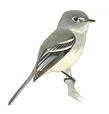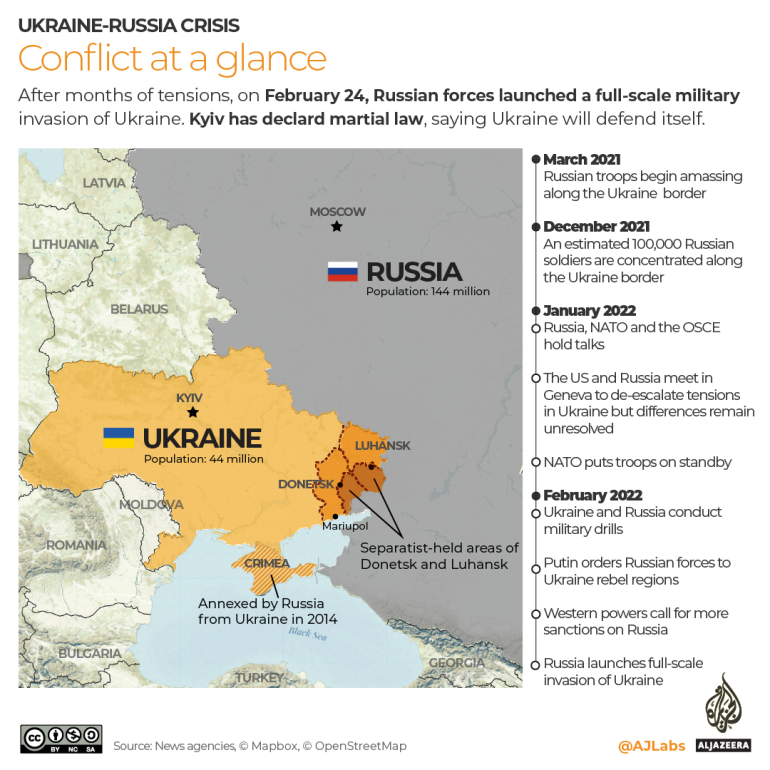Welcome to the Pacific Slope
We are a collective of teachers based in Prince George, BC, who take joy in challenging ourselves and our students, co-developing learning resources, collaborating on professional development, and learning from/sharing our practice with others. At the heart of our work are thinking classrooms that provide authentic connections between curriculum, identity, and place, primarily in the context of Social Studies and beginning with local connections to history, geography, and culture.
Truth and Reconciliation ResourcesLearning Resources for teaching about Truth and Reconciliation through understanding the background, impact, and legacy of Residential Schools, including examples from the Lejac School at Fraser Lake.
Ukraine Crisis - teaching resources
Local History and GeographyA collection of links, maps, and ideas for inquiring into local Indigenous and Settler history and geography in the Prince George area.
TTSP ProjectRead more about our long-term plot to support thinking, tinkering, story-telling, and place-responsive learning, the TTSP Project.
The BookWe worked with Pearson Education to produce a Sourcebook for developing thinking in Social Studies 9 students. Check it out, then order some class sets for your school, already.
Educators, Storytellers, and Guardians of the Secret FlameLearning Design
Professional Communities
Public Education Advocacy
Place in Education (PIE!)
Respect for Indigenous Perspectives
|
Our Twitter Feed, such as it isHivernant Consortium ModelWe believe that successful initiatives of this nature are underpinned with mutual contributions and shared ownership, not unlike the hivernants (wintering partners) of the historic Northwest Company. Their shareholders were also fur-traders, the same people who set the vision were also the ones to carry it out. The hivernants also carried on famous disagreements and continual splintering and re-assembly. Although we have shared goals, ideas, and projects, we also foment the kind of dissent that comes with open-ended inquiry and a willingness to both build and dispense with tradition at the same time. Somewhere midst joy and cynisim, ideals and realities, we find our paths across educational landscapes, sometime converging, sometimes diverging.
Good Cheer Pro-D ModelWe believe that professional development should, as often as possible, involve something to do with fire, good food, strong conversation, and an inspiring location. There should be as much laughter as learning taking place, and while serious things should be discussed, no one is allowed to take themselves too seriously. Essentially, we have developed our Code for Pro-D along the lines of the Order of Good Cheer, the attempt by early French-Canadian settlers to survive the winter and "land-disease" through mutual contributions to the mind and body of companions.
The Pacific Slope Flycatcher
What's the deal with this bird? We sent out a cease and desist and all we got back was "ps-SEET, ptsick, seet." What nerve!
Well, whatever your story, P.S. Flycatcher, we love you. You're welcome to join us at Mumbleypeg. |
